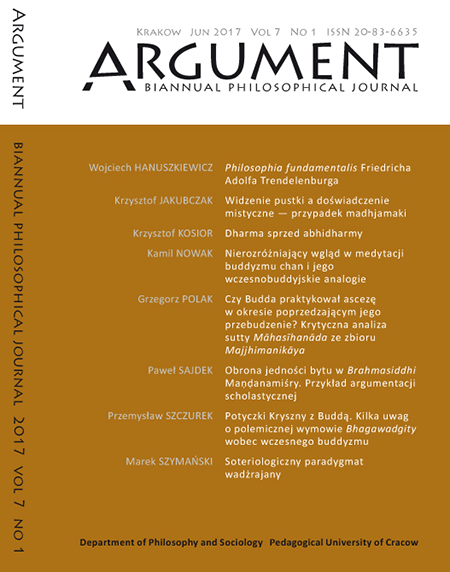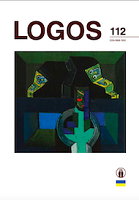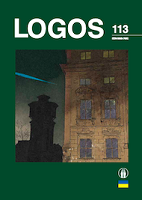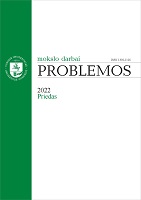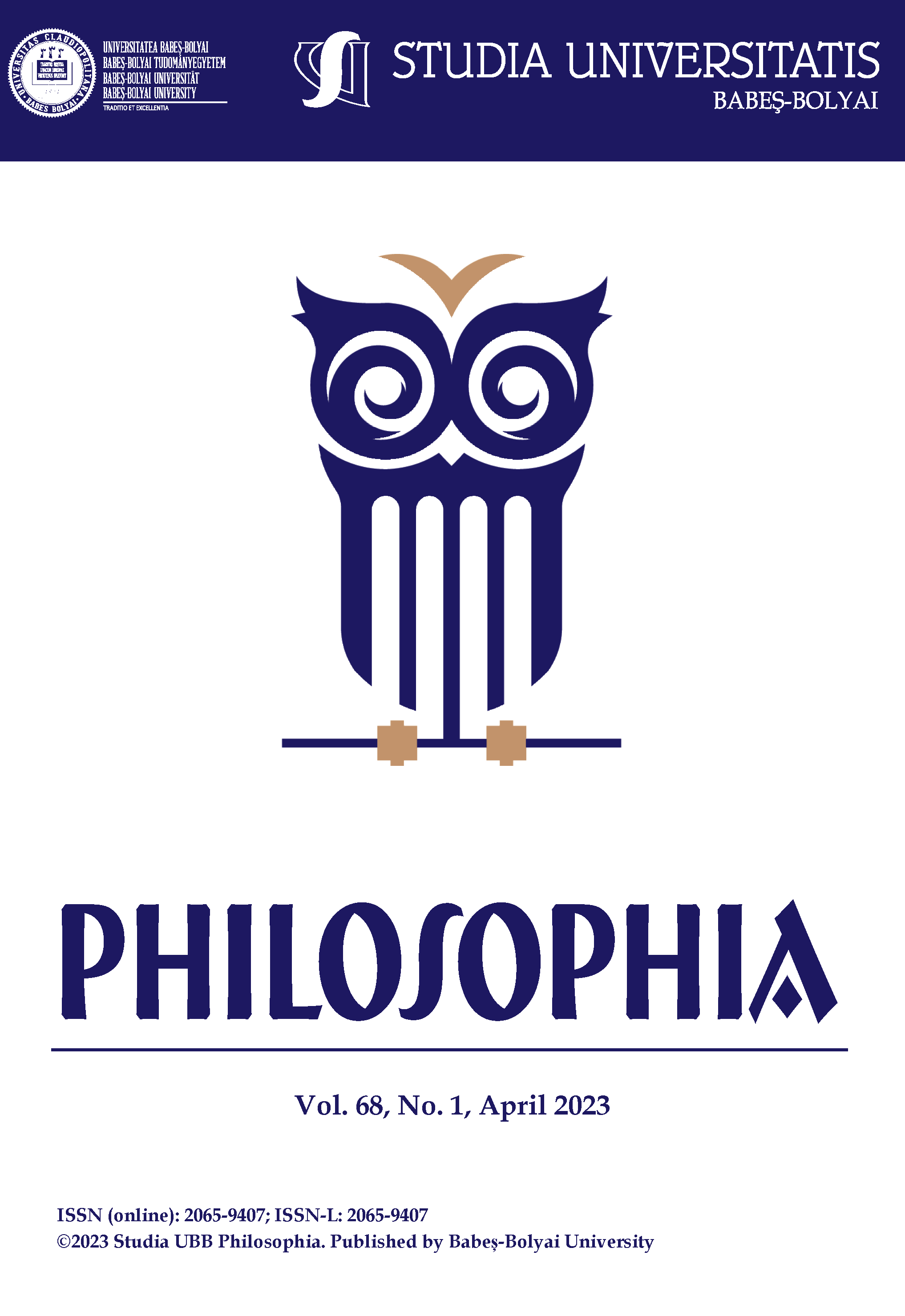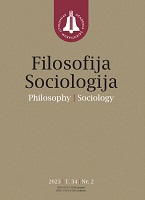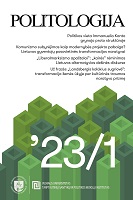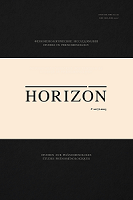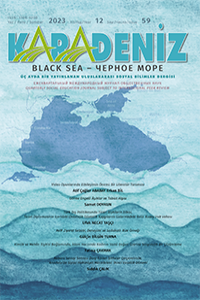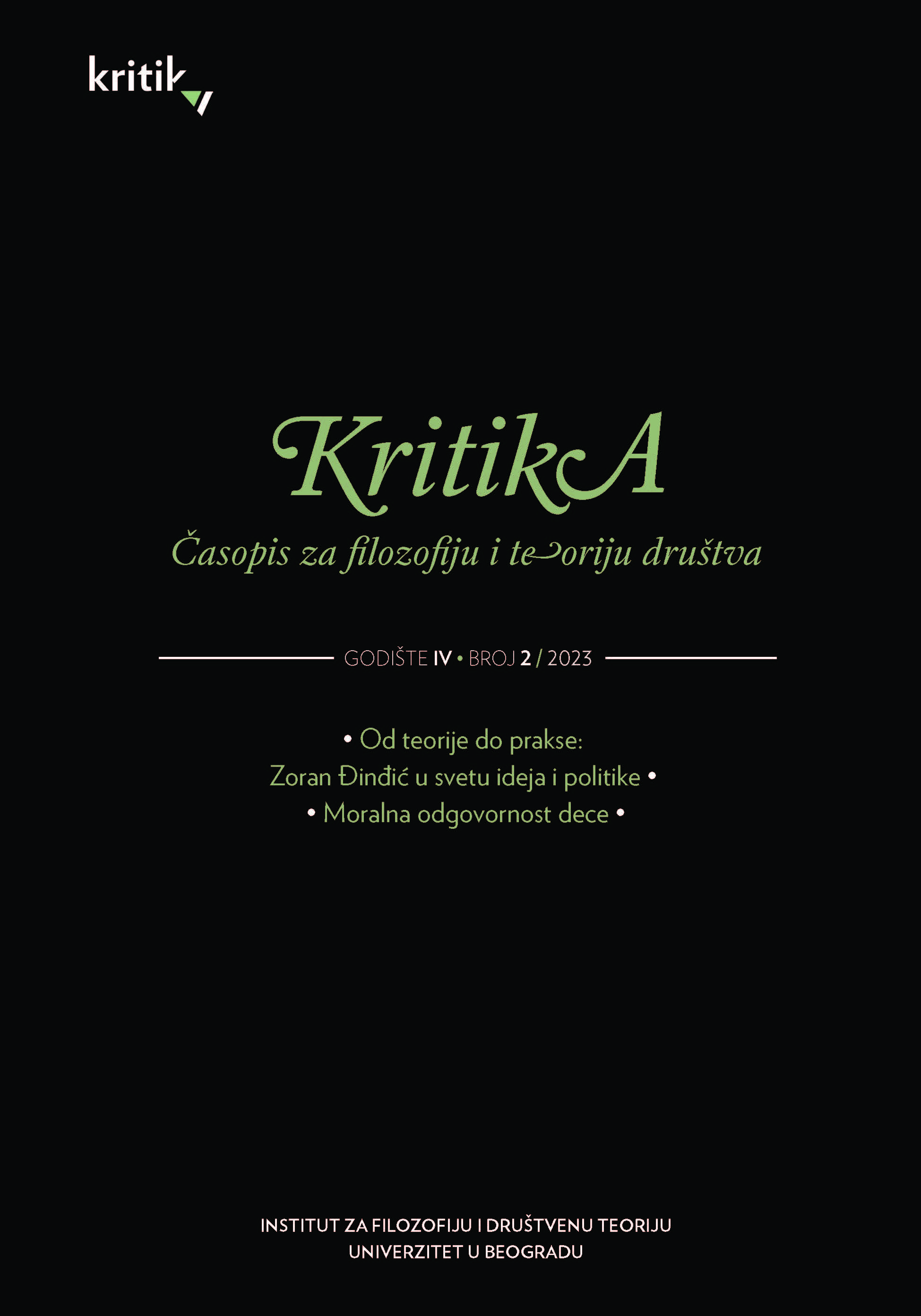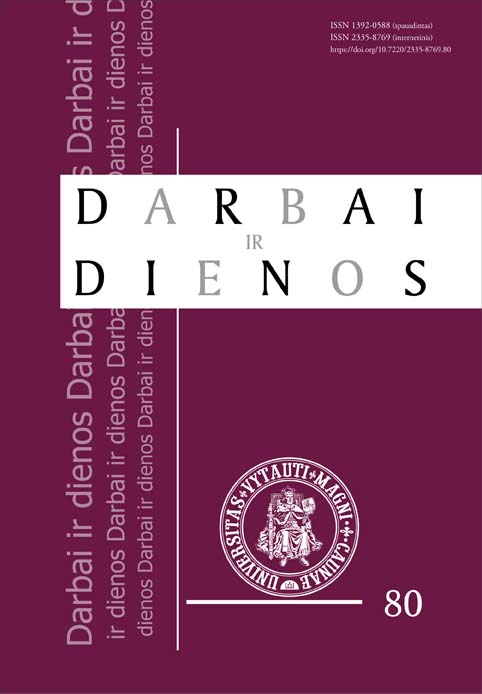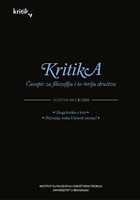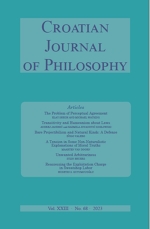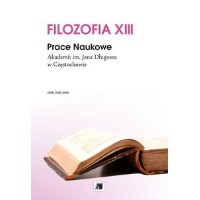
Niemieckie inspiracje i przyjaźnie Augusta Cieszkowskiego
August Cieszkowski (1814–1894), an outstanding Polish philosopher, economist and politician, came from a family with long aristocratic, civic and patriotic traditions. Consequently aspiring to regaining independence by Poland, basing on legal political and social activities, he referred to the experiences and cultural achievements of other European countries. He owed much to the German environment, in which he received philosophical education. It was also there that he formed many valuable and long-lasting friendships. He was chiefly influenced by Hegel, though at some points he polemicised against him from the very beginning. He also maintained friendly relations with Germans in the then Grand Duchy of Posen since he purchased a possession Wierzenica near Posen. He cooperated with his German friends in many fields, appreciating their honesty and competence. Bismarck’s anti-Polish policy thwarted many of his plans and expectations.
More...
